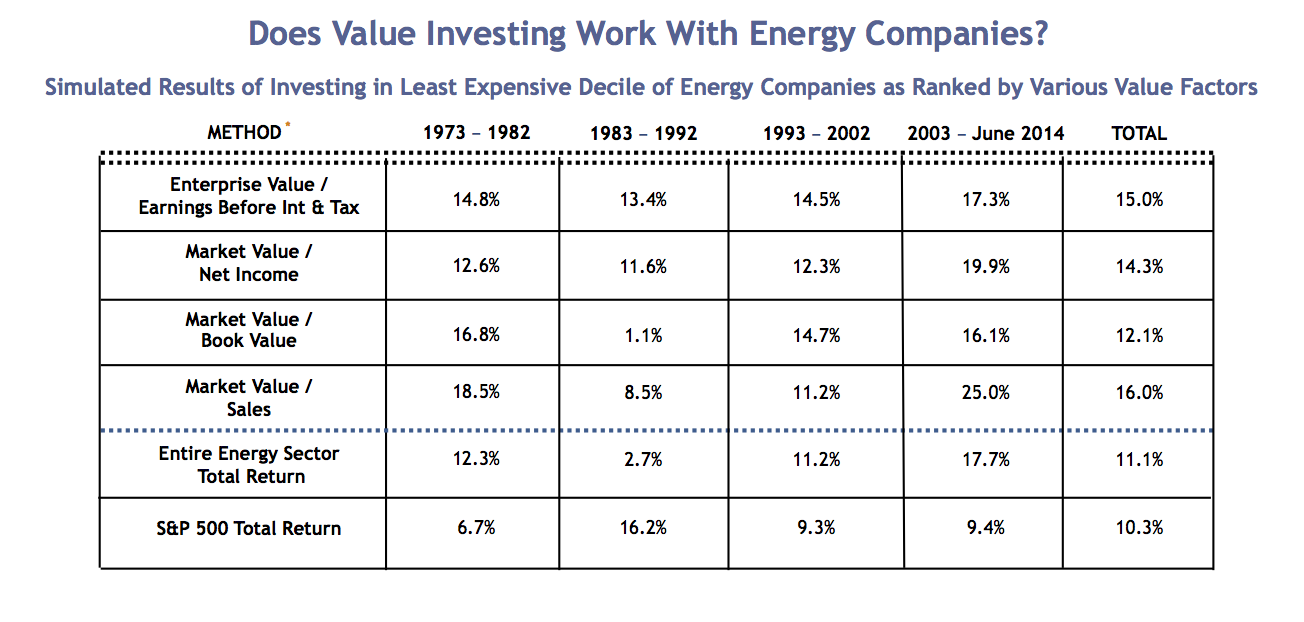If the idea of investing in the stock exchange scares you, you are not alone. Individuals with really restricted experience in stock investing are either terrified by scary stories of the typical financier losing 50% of their portfolio valuefor example, in the 2 bearishness that have actually currently happened in this millennium or are beguiled by "hot tips" that bear the promise of big benefits but seldom settle.
The reality is that buying the stock exchange carries risk, but when approached in a disciplined way, it is one of the most effective ways to develop one's net worth. While the worth of one's home typically represents many of the net worth of the typical specific, the majority of the wealthy and really rich normally have most of their wealth invested in stocks.
Secret Takeaways Stocks, or shares of a business, represent ownership equity in the firm, which offer shareholders voting rights along with a residual claim on corporate profits in the form of capital gains and dividends. Stock exchange are https://jackstevison.com where individual and institutional financiers come together to purchase and offer shares in a public location.

For instance, an individual or entity that owns 100,000 shares of a company with one million exceptional shares would have a 10% ownership stake in it. The majority of business have impressive shares that face the millions or billions. Common and Preferred Stock While there are 2 main kinds of stockcommon and chosenthe term "equities" is synonymous with typical shares, as their combined market worth and trading volumes are many magnitudes bigger than that of preferred shares.
Preferred shares are so called because they have preference over the typical shares in a company to get dividends As possessions in the occasion of a liquidation. Common stock can be further classified in regards to their voting rights. While the basic property of common shares is that they should have equivalent voting rightsone vote per share heldsome companies have dual or multiple classes of stock with various ballot rights connected to each class.